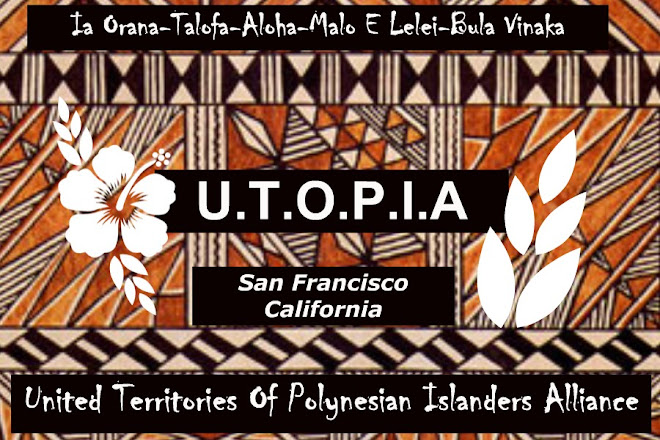
This Thanksgiving we are reflecting on what family means to us. For those of us at the ACLU and many people across the country, that will bring to mind what happened to families in California as a result of Prop 8.

So -- in what is becoming an ACLU tradition -- I’m writing to share some pointers for talking turkey this Thanksgiving about issues that really matter.
Here’s my biggest piece of advice for when Prop 8 and gay marriage come up over the Thanksgiving dinner table: Don’t shy away from the conversation. Do what I’m hoping thousands of ACLU supporters will do over the holidays. Talk to someone you’ve never talked to about same sex marriage and explain that it’s just not right to deny someone their freedom because of who they are or who they love.
And you can tell them something else: Tell them the fight to stop Prop 8 from disrupting people’s lives and denying gay couples the full measure of their freedom is far from over. Tell them your ACLU has gone to court to stop Prop 8.
On the day after the elections, the ACLU and our partners, the National Center for Lesbian Rights, Lambda Legal and Equality California filed suit asking the California Supreme Court to strike Proposition 8 down.
The case we are making is a powerful one -- and I want you to know its details -- because if we are going to secure equal rights for everyone in our great nation, the argument for equality has to be made not just in a California courtroom, but in countless conversations between families and communities all across America.
Here are the specifics on our lawsuit: Under California law, major changes in the Constitution -- called revisions -- have to be first approved by two-thirds of the legislature before going before the voters.
The forces of intolerance behind Prop 8 went through a process for less serious constitutional changes called amendments. They didn’t go through the legislature.
So, our lawsuit -- and your Prop 8 conversations over the holidays -- will all come down to the same question: Is it a big deal -- a revision, rather than a mere amendment -- to take the right to marry away from an entire group of people?
We firmly believe it is.
What could be more serious than rejecting the very idea that everyone is equal before the law?
And what could be a more drastic change than undermining the essential constitutional principle that we all have rights, which can’t be taken away just because a majority of people might like to do so?
These are the questions we’re asking the California Supreme Court to consider at crucial hearings coming up in December. And, they are the questions I hope you won’t avoid addressing in holiday conversation with friends and family.
The passage of Prop 8 has hit a powerful nerve all across America. People are seeing for themselves the unimaginable pain and anguish it has caused. And the sense of outrage is growing stronger every day.
With holiday gatherings of family and friends right around the corner -- I’m urging you to make the case against intolerance in a very personal way.
Prop 8 has made clear that we all have a lot of work to do challenging discrimination against lesbian, gay, bisexual and transgender people. And we can’t do it without you.
So, be a little bolder this Thanksgiving.
When someone makes an uninformed remark about gay marriage, don’t let it slide. If they say they’re glad Prop 8 passed, tell them you love them. Then remind them that no one should ever lose their rights or face bigotry because of who they are and who they love.
Make it clear that, no matter how someone feels about same-sex marriage, gay people are a part of our community entitled to the same rights, the same dignity, as everyone else.
Today, it is clearer than ever that the struggle for LGBT equality is one of the defining civil liberties challenges of our time. You can count on the ACLU to defend LGBT rights in courtrooms, classrooms, and legislative hearings all across the nation.
We’re counting on you to do the same around the water cooler at work and over Thanksgiving dinner.
Be brave and outspoken. It’s the only way to move freedom forward.
Best wishes to you and your loved ones for a happy and healthy Thanksgiving,
Anthony D. Romero
Executive Director
ACLU
P.S. – Heads up! You're invited to the ACLU’s Bill of Rights Day Celebration in San Francisco on Sunday, December 7. The event is a rare and spirited mix of reflection, ambition, pride and humor – we take stock of what it means to protect freedom nationally, locally and vocally. The talk of the town this year is on how we will move marriage equality forward. Treat yourself to an advance look at our program and watch your Inbox for more details later this week.










